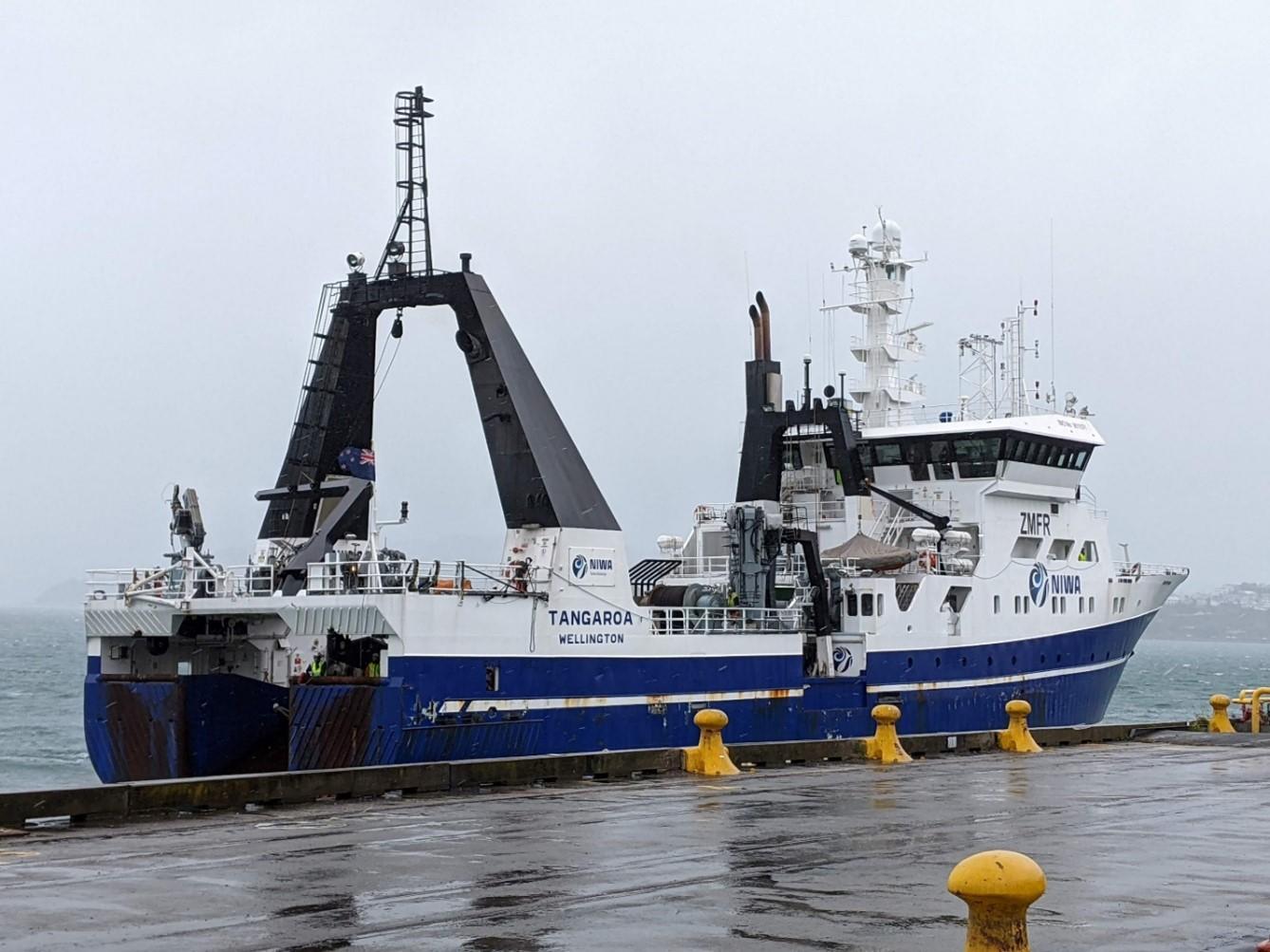Through collaborations with other departments, with industry and with government, we investigate and educate about the geological and environmental issues and the challenges impacting society in Canada and globally. These include natural hazards, sustainable stewardship of mineral and energy resources, water and soil pollution, ecosystems and climate. Through training in our world-class research laboratories and field schools, we provide a diverse curriculum comprising small class size, access to professors and graduate students, mentoring and job training. We aim to prepare our graduates go on to careers in the environmental and resource industries, government research and policy, graduate programs and teaching.

Department of Earth and Environmental Sciences
From our Director
The Earth and its Environment – the very place where we live and all the things we need to exist. Our natural laboratory began as a fiery ball about 4.6 billion years ago, and since then has undergone incredible change – the origin, rates and ultimate effects of which are central to all of Earth’s natural organic and inorganic systems. Strangely, something so central to our planet and our very existence is all but ignored in most pre-university curricula. Here, however, you have the opportunity to learn from world-class teachers and researchers about how the Earth and our natural and human-made environment work. With the earliest moments of the origin of the Earth through the ancient and modern processes that act on and below its surface, these processes have collectively shaped our natural environment and provided its many natural resources – resources that remain central to all living things. Through the use of a wide variety of chemical, physical and biological investigative tools, our professors are at the forefront of research unraveling the complexity and deciphering the stories as told by Earth’s natural materials and its environment. So as a BSc, MSc or PhD. student, we invite you to join this exciting field of learning as together we study Earth’s past, present and future.
Glenn A. Milne
Chair, Department of Earth and Environmental Sciences
Ottawa ON Canada
Number of programs in Earth and Environmental Sciences
Number of students in Earth and Environmental Sciences
Field and lab courses offered
Programs of study
We offer undergraduate programs leading to Bachelor of Science (BSc) degrees, as well as Master of Science (MSc) and Doctor of Philosophy (PhD) degrees in Earth Sciences. Undergraduate programs are structured to allow students to obtain professional accreditations in many provinces and to enjoy careers in the minerals, energy or environmental sectors. Together with the Department of Biology, we also offer a Bachelor of Science (BSc) degree in Environmental Science.

“The environmental sciences program is very interesting and enriching since it allows you to study the same environmental problem from different perspectives.”
Valérie Langlois
— Faculty of Science alumnus
Careers in Earth Sciences
Geology is a profession that brings opportunities to move from a country to another, advancing great employment prospects.
The employment forecast is excellent for geology graduates. Decreasing energy, mineral and water resources and increasing environmental concerns present challenges to our society.
This has created enhanced career opportunities for earth scientists to satisfy society's demands for natural resources while maintaining Earth's natural environments.
Several opportunities
With a BSc in Earth Sciences, there are several career opportunities. These include environmental geologist, geologist, geophysicist, glaciologist, hydrogeologist, engineering geologist, mineralogist, paleontologist, seismologist, volcanologist...

Find a professor
Professor DirectoryResearchers in Earth Sciences explore the origin of the Earth, its history, its evolution, its minerals and its fossils. They study the Earth's crust and everything associated with it, from glaciers to coral reefs, from earthquakes to volcanic eruptions, and from mountains to oceans.
They also help locate natural resources, such as underground water, oil, natural gas, diamonds, gold and base metals like nickel, and develop environmentally responsible extraction techniques.
Earth Sciences provide a broad spectrum of research opportunities. Research interests among the staff include physical sedimentology, structural geology, tectonics, archean geodynamics, rock magnetics, isotope hydrogeology and paleoclimate, igneous petrology, environmental geomicrobiology, geochemistry and mineral deposits, mineralogy of plutonic rocks, isotope and environmental geochemistry.
News

Echoes from the deep: Decoding the Pacific’s seismic signals
Pascal Audet is diving deep into the Pacific—analyzing seismic echoes to better understand earthquakes and Earth’s inner workings.

Following Late Pleistocene horse migration toward our sustainable future
Clément Bataille and a team of international researchers have traced the migration of Late Pleistocene horses across North America. Their findings—based on isotope analysis of fossil teeth—highlight t…
Take you to the next step
Contact us
Department of Earth and Environmental Sciences
STEM Complex
150, Louis-Pasteur Private, room 336
Ottawa, ON, Canada
K1N 6N5
Tel.: 613-562-5773
[email protected]
Office hours
Monday to Friday
9 a.m. to 4 p.m.
Chair and program directors
Glenn Milne
Chair, Department of Earth and Environmental Sciences
[email protected]
Jonathan O'Neil
Director, Geology undergraduate programs and professor
[email protected]
Clément Bataille
Director, Environmental Sciences program and professor
[email protected]
Tom Al
Director, Graduate programs and professor
[email protected]





